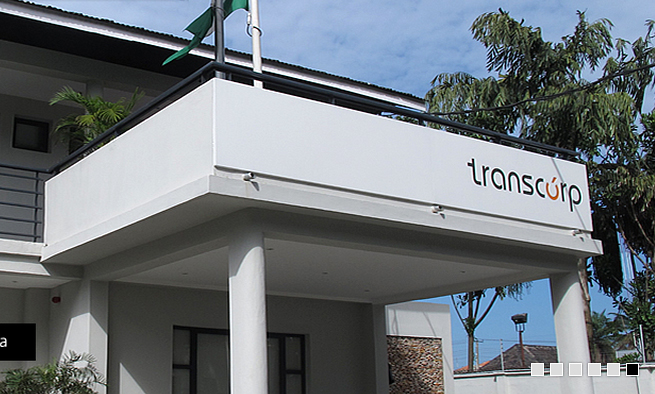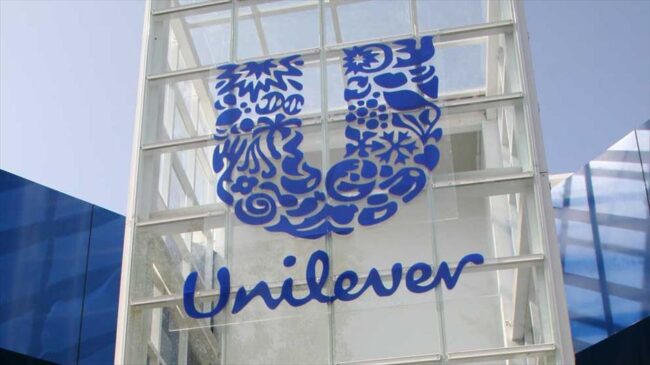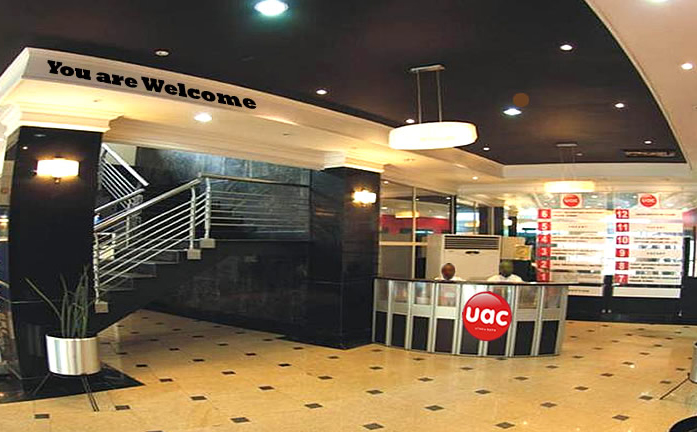Unexpected foreign exchange losses of about N18.5 billion caused a 425% upsurge in finance expenses for Transcorp at the end of the third quarter. That pushed up finance cost to claim 60% of sales revenue and threw the company’s bottom line into the red. The conglomerate ended last year’s operations with a net loss of N196 million and is now headed for a big loss after many years of profitable operations.
There was no profit to pay out cash dividends for last year’s trading but shareholders got a bonus of 1 for 20 in consolation. The hopes for a better deal this year have been dashed by the unexpected plunge of the company into a deep loss.
Foreign exchange loss is not the only problem facing the company this year. Rising cost of products sold poses another big problem for Transcorp. At the end of the third quarter, cost of sales surged more than 80% above the corresponding figure in 2015 and had exceeded last year’s full year figure by over 34%.
There is however a reasonable growth of 37.8% in sales revenue at the end of the third quarter. That moderated the impact of the rapid cost increases and therefore prevented a worse impact on the bottom line. At the end of the quarter, turnover was already slightly ahead of the full year figure in 2015.
Advertisement
Based on the growth rate at the end of the third quarter, sales revenue is projected at N57.8 billion for Transcorp at the end of 2016. That will be a top record growth of 42% over the sales revenue figure of N40.75 billion the company posted at the end of 2015. Sales revenue had slipped last year from the 2014 height of N41.4 billion but a renewed growth can be expected this year.
Transcorp’s operation covers a range of businesses across hospitality, power, agro-allied and oil & gas sectors. The normal advantage of a conglomerate in terms of the effects of diversified operations on earnings is presently missing in a situation where every sector of the economy is under pressure. Conglomerates used to achieve operating stability by using earnings from prospering sectors to counter weaknesses in other areas. This is no longer possible in a situation where every line of business is a struggle.
The company’s cost of sales grew more than twice as fast as sales revenue during the review period at 80.3% to over N22 billion. That claimed nearly 53% of sales revenue against 40% in the same period last year. Cost of sales had already surpassed the N16.42 billion the company recorded in all of last year by the end of the third quarter. That has eroded gross profit margin, which declined from 60% to 47% over the review period.
Advertisement
The company saved cost in respect of administrative expenses but other income fell by 69% to N364 million. It still managed to improve operating profit by 4.9% to N11.58 billion. That came nowhere close to meeting the swollen finance cost during the period. Finance expenses had soared by 425% to N25.15 billion at the end of the third quarter – almost twice the figure for the entire 2015 financial year. Foreign exchange losses accounted for N18.45 billion or 73% of the finance expenses.
The company ended the third quarter operations with an after tax loss of N14.21 billion against an after tax profit of N5.89 billion in the same period last year. Transcorp’s full year position in 2015 shows a worse bottom line than it reported at the end of the third quarter of the year. It closed the year with a comprehensive income of N1.44 billion of which non-controlling shareholders claimed N1.64 billion, leaving a net loss of N196 million for the owners of the parent company. The poor outing last year was equally the result of a 111% jump in foreign exchange losses, which caused a drop of 57% in pre-tax profit.
Except in the event of a windfall, the chance for a quick turnaround in the final quarter appears ruled out for Transcorp. A likely further growth in foreign exchange losses could build the loss position further at full year.
Apart from foreign exchange losses, finance expenses could increase in view of a further build up of balance sheet debts this year. Long-term borrowings rose by 32.2% to N80.81 billion at the end of September from the closing figure last year and short-term debts went up by 7.7% to N14.17 billion over the same period.
Advertisement
The company lost 19 kobo per share at the end of the third quarter, further down from a marginal loss at the end of 2015. Shareholders couldn’t get cash dividend for last year’s operations and their hopes for the current year have been dashed so far by the bad operating story that is turning out for the year.
Add a comment







